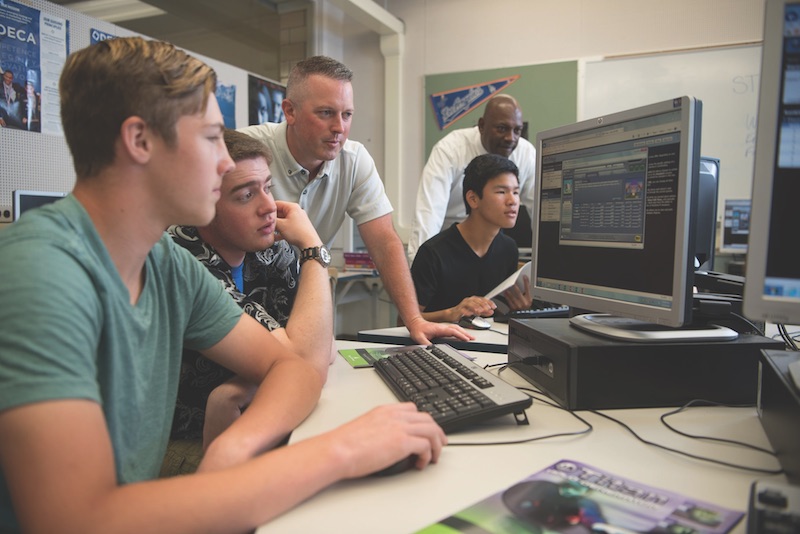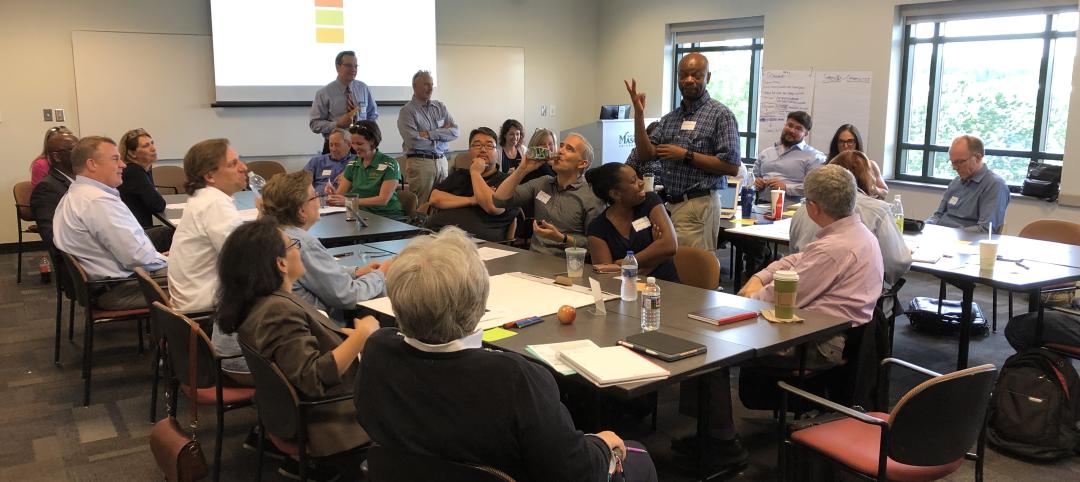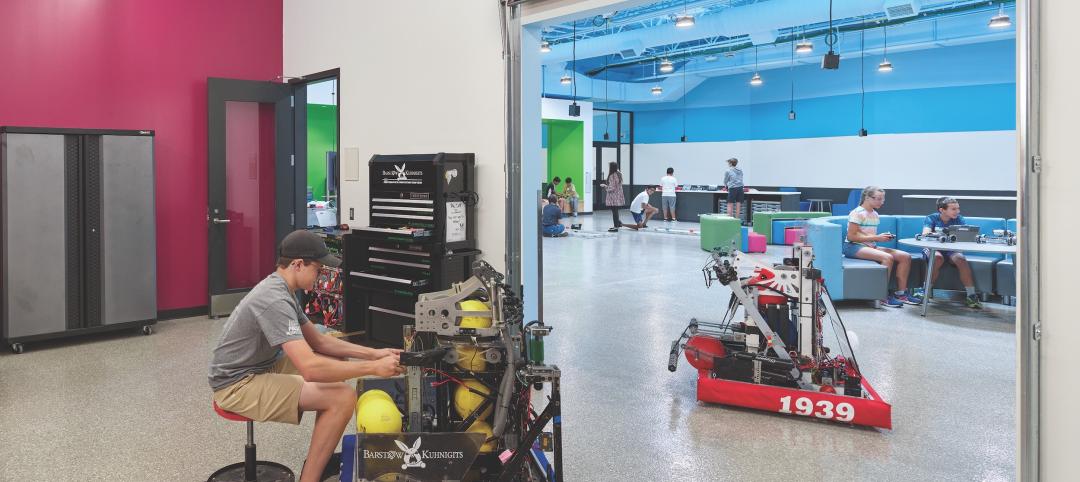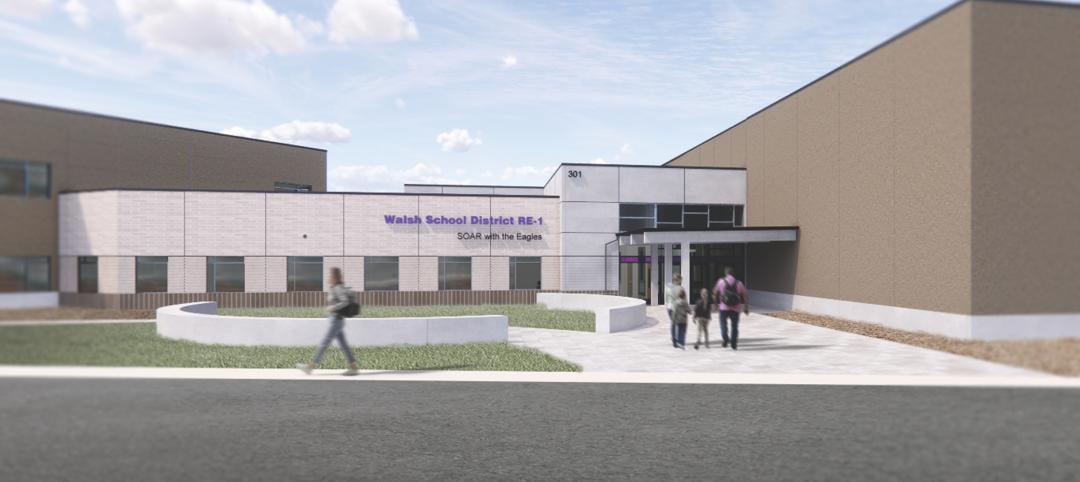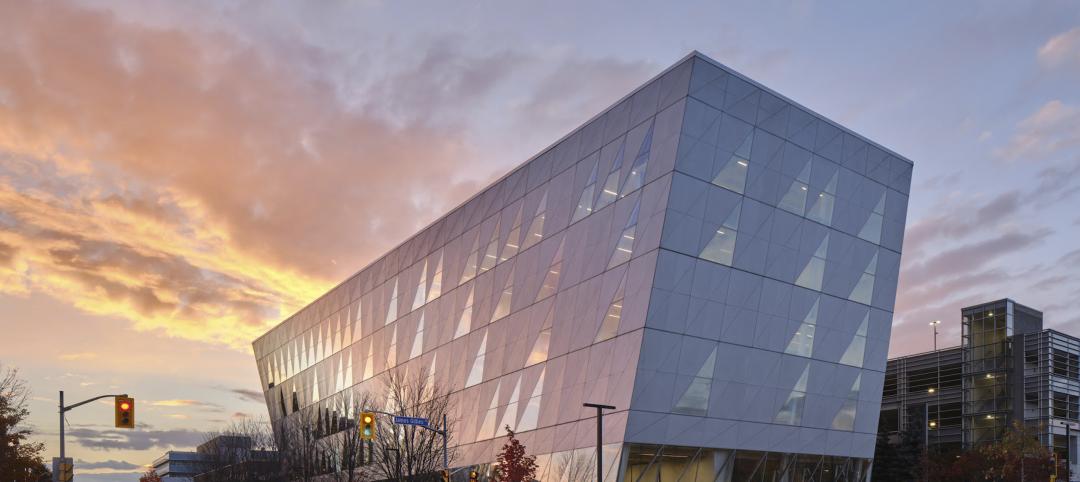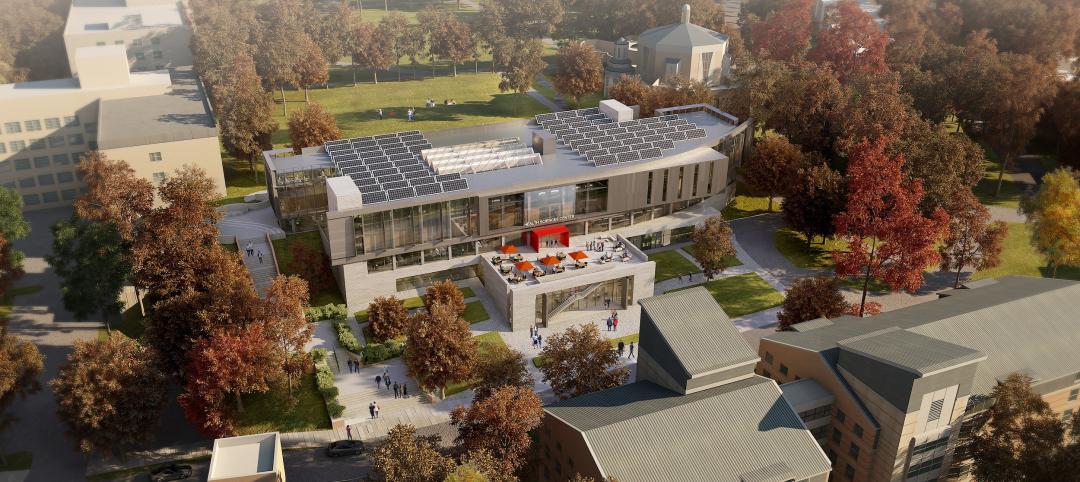In 2011, the Commerce Department’s Economics and Statistics Administration, using Bureau of Labor Statistics employment projections, predicted that STEM-related occupations would expand by 17% from 2008 through 2018, compared to 9.8% growth for all non-STEM jobs during that same period.
Educators certainly bought into that projection, based on the increasing number of school districts across America whose high schools now offer STEM and STEAM courses or have built separate academies for these disciplines.
But has STEM, which the business community urged school districts to embrace, been oversold as a career path? Education Week magazine asked that very question in May 2018, and concluded, based on its own reporting and research, that while the government’s forecasting was basically on target, its inference that there’s this expanding pipeline of primed high school students itching to pursue STEM as a college major or career choice is “more nuanced” than the Commerce Dept.’s prognostications might suggest.
Around the same time that EdWeek published its findings, Junior Achievement USA and Ernst & Young released the results of a survey of 1,000 13- to 17-year-old students, conducted online in late February and early March, which uncovered a notable drop off—to 24%, from 37% in 2017—in the number of boys who said they wanted a STEM career. Girls’ interest in STEM remained unchanged, at 11%.
Ed Grocholski, Junior Achievement’s Senior Vice President-Brands, wasn’t completely surprised by the survey’s results, which he attributes, in part, to a lack of exposure that students have to STEM-related employees and fields. Conversely, the number of teens interested in medical or dental careers increased to 19% from 15%, with girls more likely to choose that path.
“Those professions are tangible to teens, and are something they can relate to, because they’ve either gone to a doctor or dentist, or have seen them on TV,” says Grocholski. He adds that teens are interested in professions they think will help people, like education, public service, law enforcement,
and the military.
Junior Achievement has been trying to fill the mentoring gap with volunteers who serve as role models. But he admits that such efforts “sometimes forget about the inspiration part.”
The takeaway for AEC firms, he says, is to get more involved in talking about their industry to youngsters, because “outside of TV, kids aren’t paying attention, even though a lot of STEM might actually coincide with their interests.”
Related Stories
Higher Education | Jun 14, 2023
Designing higher education facilities without knowing the end users
A team of architects with Page offers five important factors to consider when designing spaces for multiple—and potentially changing—stakeholders.
University Buildings | Jun 9, 2023
Cornell’s new information science building will foster dynamic exchange of ideas and quiet, focused research
Construction recently began on Cornell University’s new 135,000-sf building for the Cornell Ann S. Bowers College of Computing and Information Science (Cornell Bowers CIS). The structure will bring together the departments of Computer Science, Information Science, and Statistics and Data Science for the first time in one complex.
Student Housing | Jun 5, 2023
The power of student engagement: How on-campus student housing can increase enrollment
Studies have confirmed that students are more likely to graduate when they live on campus, particularly when the on-campus experience encourages student learning and engagement, writes Design Collaborative's Nathan Woods, AIA.
K-12 Schools | May 30, 2023
K-12 school sector trends for 2023
Budgeting and political pressures aside, the K-12 school building sector continues to evolve. Security remains a primary objective, as does offering students more varied career options.
K-12 Schools | May 22, 2023
The revival of single-building K-12 schools
Schools that combine grades PK through 12 are suddenly not so uncommon. Education sector experts explain why.
K-12 Schools | May 17, 2023
Designing K-12 schools for students and safety
While bullying, mental health, and other acts of violence are all too common in schools today, designers have shown that smart and subtle preventive steps can make a big difference. Clark Nexsen’s Becky Brady shares how prevention and taking action at the design level can create safe and engaging learning environments.
University Buildings | May 17, 2023
New UC Irvine health sciences building supports aim to become national model for integrative health
The new College of Health Sciences Building and Nursing & Health Sciences Hall at the University of California Irvine supports the institution’s goal of becoming a national model for integrative health. The new 211,660-sf facility houses nursing, medical doctorate, pharmacy, philosophy, and public health programs in a single building.
K-12 Schools | May 12, 2023
In Virginia, a new high school building helps reimagine the experience for 1,600 students
In Virginia, the City of Alexandria recently celebrated the topping out of a new building for Alexandria City High School. When complete in 2025, the high-performance structure will accommodate 1,600 students.
University Buildings | May 11, 2023
New ‘bold and twisting’ building consolidates School of Continuing Studies at York University
The design of a new building that consolidates York University’s School of Continuing Studies into one location is a new architectural landmark at the Toronto school’s Keele Campus. “The design is emblematic of the school’s identity and culture, which is centered around accelerated professional growth in the face of a continuously evolving labor market,” according to a news release from Perkins&Will.
University Buildings | May 5, 2023
New health sciences center at St. John’s University will feature geothermal heating, cooling
The recently topped off St. Vincent Health Sciences Center at St. John’s University in New York City will feature impressive green features including geothermal heating and cooling along with an array of rooftop solar panels. The geothermal field consists of 66 wells drilled 499 feet below ground which will help to heat and cool the 70,000 sf structure.


